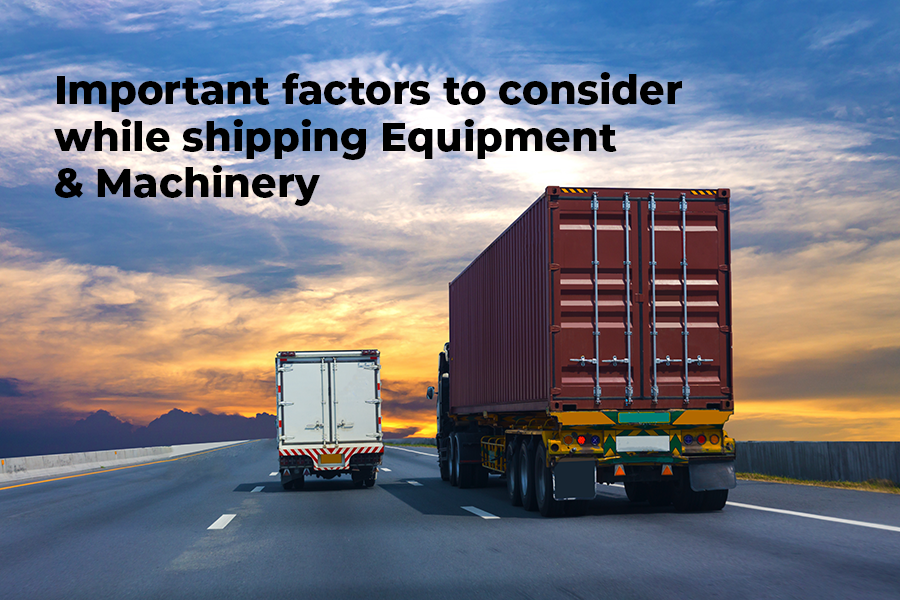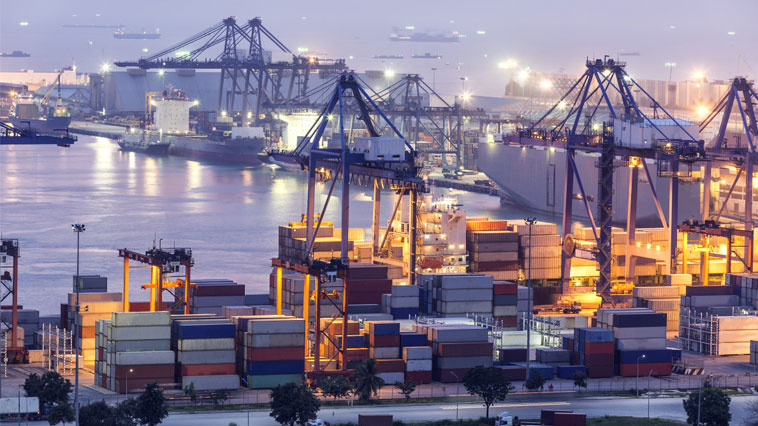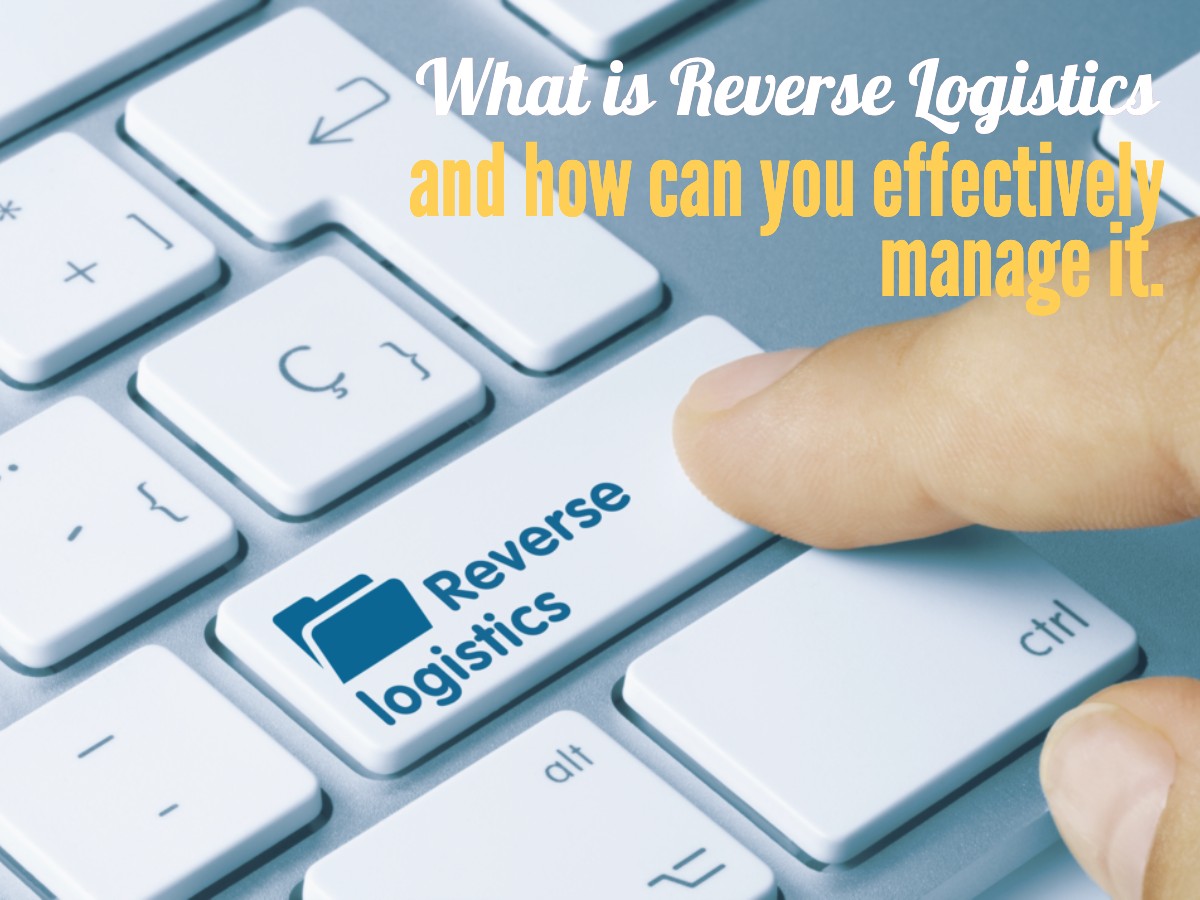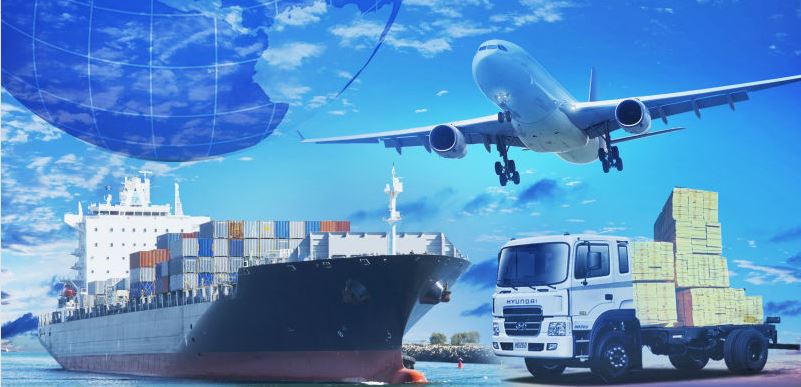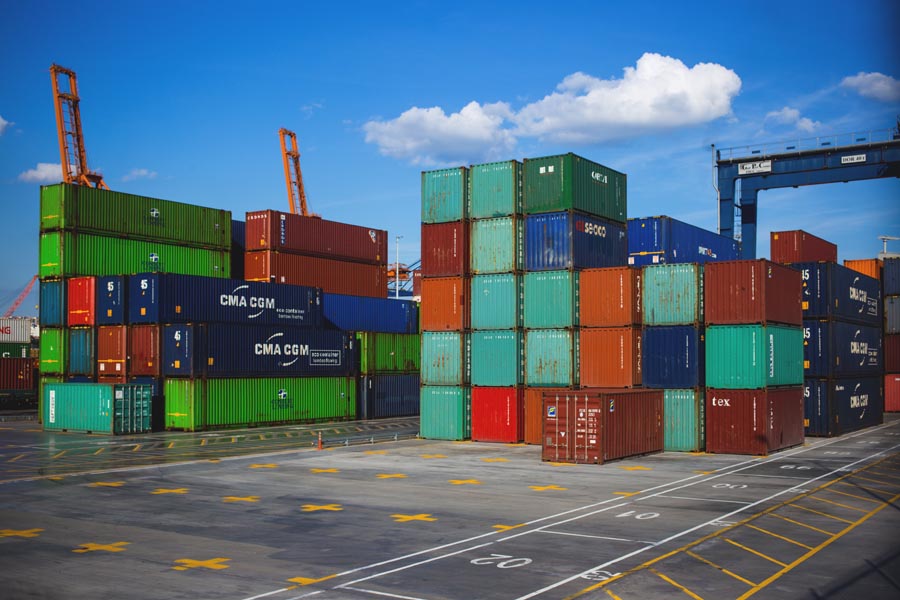As the Coronavirus scare keeps on increasing every single day it continues to roil the global economy. Many countries have sealed their borders to prevent the spreading of the flu-like virus and like many sectors, the shipping industry has also taken a huge hit. The Indian logistics players have already started to feel the pinch as many are finding it difficult to keep the operational lines active.
The entire industry is facing multiple challenges as every single day situations are changing. The entire labor force has been asked to stay at home and many of them have already fled to their home towns. Also, industrial productions have come down which will largely impact the export sector.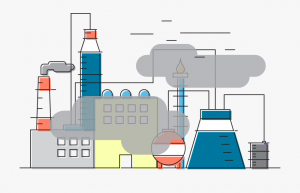
Having mentioned this kind of scenarios it shall also be noted that in comparison with Europe and the United States where the virus has been spreading like wildfire, the situation in India is a little better. But in the worst-case scenario, the western nations will take time to get back to normalcy and this can also in a way affect the Indian Logistics sector.
It shall be understood that the impact on the supply chain are twofold and that poses the biggest challenge for the logistic industry:
- First and foremost being the supply side as the shortages of raw materials and components is affected due to the transportation restrictions.
- Secondly, the downstream demand is weakened and hence the production enterprises in the middle and upper streams are facing high inventory risks.
Let’s take a peek on some of the major areas that will have to bear the brunt of the deadly coronavirus epidemic.
MOST AFFECTED SECTORS IN INDIA:
One has to note that one of the major reasons why the Indian industry is impacted so much is because, of the top 20 products that India imports from the world, China accounts for a significant share in most of them.
Automobile Industry & OEM’s:
The current levels of inventory seem to be sufficient for us to survive but if China continues to be shut down for a longer time then it can result in a 10% contraction of the Indian Auto manufacturing industry this year. India’s OEMs (original equipment manufactueres) source critical components and sub-components that include fuel injection pumps, EGR modules and electronic components from China. Hence the impact will be extreme in the commercial vehicle, passenger vehicle and two-wheeler segments.
Chemicals & Textile Industry:
Many chemical plants are shut down in China and it is also going to impact us largely. With the restrictions on shipment and logistics, the estimated disruption of 20% in production is estimated. China is a major supplier of Indigo that is required for denim. There are also several garments and textile factories in China that have halted their operations which in turn will affect the export of fabric and raw materials from India. Globally India accounts for 10% of exports and this should also see a major decline in revenue as demand will fall in China, the US and Europe.
Electronics Industry:
One of the major suppliers for electronics in India is China, either as a final product or raw materials used in the electronic industry. The Indian electronic industry can face a major impact due to supply chain disruptions, production with lesser raw materials required for local manufacturing.
Tourism:
This is one sector that will take a long time to recover from the impact of the coronavirus and it is applicable throughout the globe. The very fact that social distancing is the only way to counter the virus spread will leave the tourism industry hue and dry for many months to come. There will be very few inflows of tourists from any country and people will keep away all their vacation and travel plans even after the epidemic dies down.
To give you a quick macro view together the trade impact is estimated to be the most for the chemicals and textile products followed by the automotive sector, electrical machinery, leather products, metals and metal products, and wood/ furniture products.
SECTORS THAT REMAINED UNTOUCHED:
The pandemic has initiated a stall to the economic activities and more so with yesterday’s 21-day lockdown announced by the Prime Minister. The recent infected numbers rising to 550 in India causing both demand and supply disruptions that will drastically slow down the Indian economy. As we have discussed some of the major industries that are heavily impacted there are also a few sectors that are not affected much. Three sectors that have remained untouched from the impact as of yet are as follows:
Telecom:
As the number of infections due to the coronavirus increases the government has urged the citizens of the country to stay at home and to undergo complete social distancing. In a way this is helping the telecom sector it is the only medium of communication left for the consumers. The consumption of data will see a sharp rise as people will resort to the various visual entertainment medium like Netflix, Amazon Prime and many more to pass off their time at home. Not only that many corporate sectors have asked their employees to work from home and this also will see the requirement for more data consumption. While China was under lockdown in January and February it should be noted that the revenue of telecommunications services rose 1.5 percent compared to last year. The same will be the case with the telecom sector in India as well. According to Rajiv Sharma, head of equity research and telecom analyst at SBICAP Securities, work from home and social distancing are expected to boost data usage by 10-15 percent in the home broadband and mobile space in India
Healthcare:
The impact of Covid-19 on Indian pharma is limited and one of the main reasons is that there are existing inventory levels across supply chains. But one cannot take this for granted as this can change any time depending on whether there will be supply shortages from China. India has a dependency on China for its raw material supplies and the global generic supply chain can remain unaffected if the pharmaceutical ingredient shipments from China start normalizing in a span of two to four weeks.
As of now, India is all set to spend nearly Rs10,000 crores to encourage companies to manufacture pharmaceutical ingredients domestically. The government has also taken necessary steps issuing guidelines for testing by private labs in the country and set price caps for the test as well as sanitizers. Also, national laboratories are roped in as the number of cases are on a rise.
Insurance:
This is another sector which seems to be less impacted because it is an under-penetrated sector. Moreover, it can also see a rise in more people resorting to buying health insurance, particularly so as The Insurance Regulatory Development Authority of India has asked insurers to cover Covid-19 cases in their existing policies as well as ensure that they expeditiously attend to the coronavirus claims.
Final thoughts:
As we all across the globe fight against this terrible and deadly epidemic that has impacted many of our lives today it has sent concerning ripples across many industries. The world’s second-largest economy China has been brought down to their knees and is still fighting hard to getting a grip on the situation. In India, as we enter into the most critical stage of the spreading of the Corona virus, we still have to wait and see what comes our way and how well India will be able to cope up with the many transport disruptions and lockdowns that will happen in the days to come. All said it is our lives that matter the most and sit tight, safe and stay at home.
